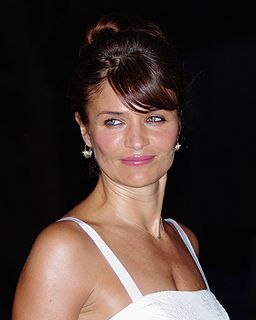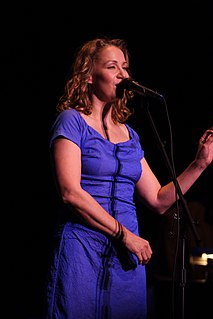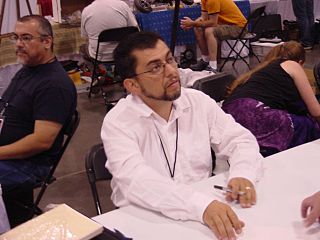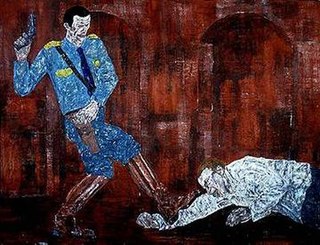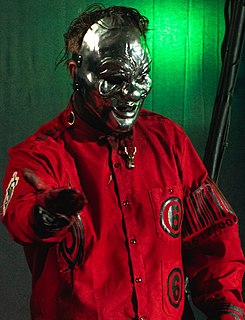A Quote by Roger Ebert
Cinema, for me, has always been something like music composed with photographic images.
Related Quotes
Knowing a great deal about what is in the world art, catastrophe, the beauties of nature through photographic images, people are frequently disappointed, surprised, unmoved when the see the real thing. For photographic images tend to subtract feeling from something we experience at first hand and the feelings they do arouse are, largely, not those we have in real life. Often something disturbs us more in photographed form than it does when we actually experience it.
I don't think that writers or painters or filmmakers function because they have something they particularly want to say. They have something that they feel. And they like the art form; they like words, or the smell of paint, or celluloid and photographic images and working with actors. I don't think that any genuine artist has ever been oriented by some didactic point of view, even if he thought he was.
. . . you [film critics] always overstress the value of images. You judge films in the first place by their visual impact instead of looking for content. This is a great disservice to the cinema. It is like judging a novel only by the quality of its prose. I was guilty of the same sin when I first started writing for the cinema. . . . Now I feel that only the literary mind can help the movies out of that cul de sac into which they have been driven by mere technicians and artificers.
Narrative, fiction filmmaking is the culmination of several art forms: theater, art history, architecture. Whereas doc filmmaking is more pure cinema, like cinema verité is film in its purest form. You're taking random images and creating meaning out of random images, telling a story, getting meaning, capturing something that's real, that's really happening, and render this celluloid sculpture of this real thing. That's what really separates the power of doc filmmaking from fiction.
If you listen to soul music, or R&B music, or Blues music, a lot of that came from church music and spiritual music, and music has always been a really really powerful tool that people have used to get them closer to God - whatever they define God as. And for me that's always been part of what drew me to it and keeps me coming back for more.
We’re face to face with images all the time in a way that we never have been before... Young people need to understand that not all images are there to be consumed like fast food and then forgotten – we need to educate them to understand the difference between moving images that engage their humanity and their intelligence, and moving images that are just selling them something.
I've seen films that have made as much as $100, $200 million, but they're not films. They're images. They're flashes. They're many beautiful images, lots of things to look at. They capture you. But it's not a film. It's not something that involves you in a story. They go to cinema now to be blown away by the effects.





